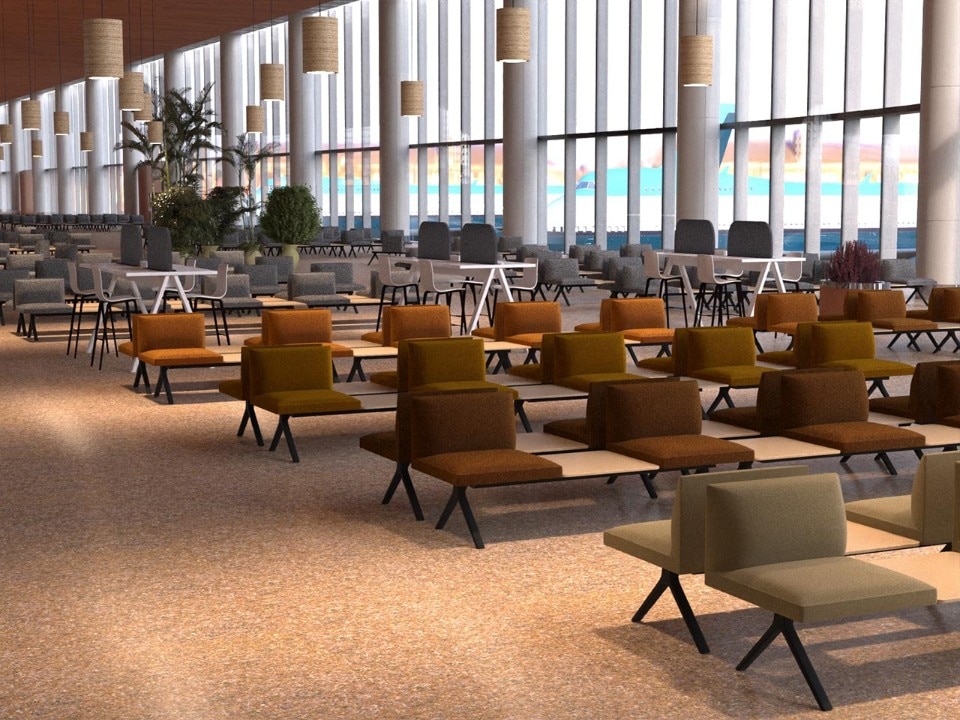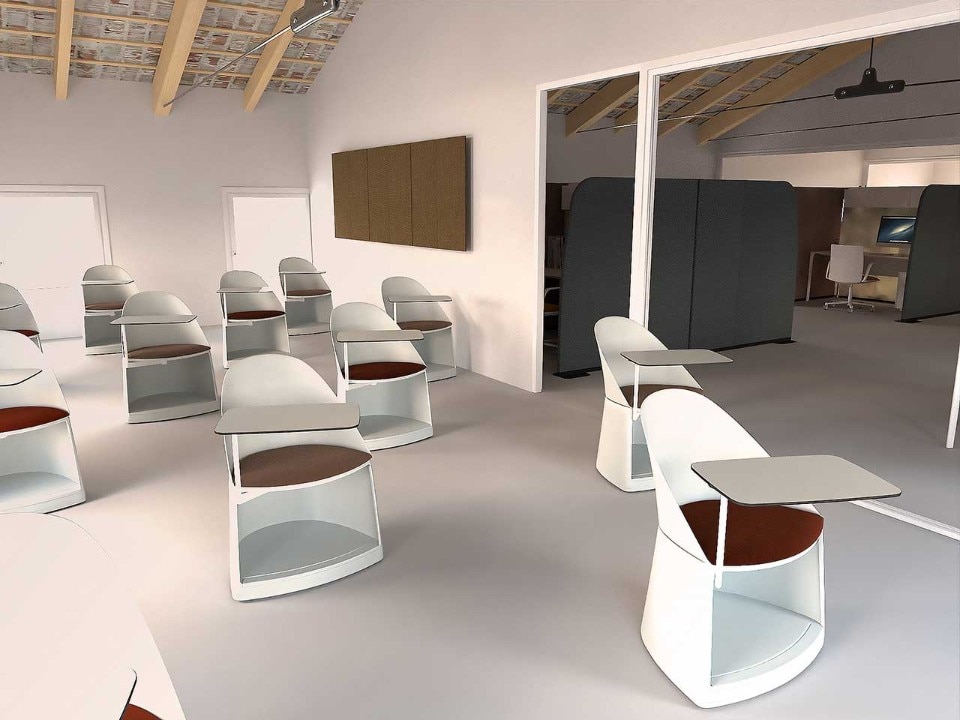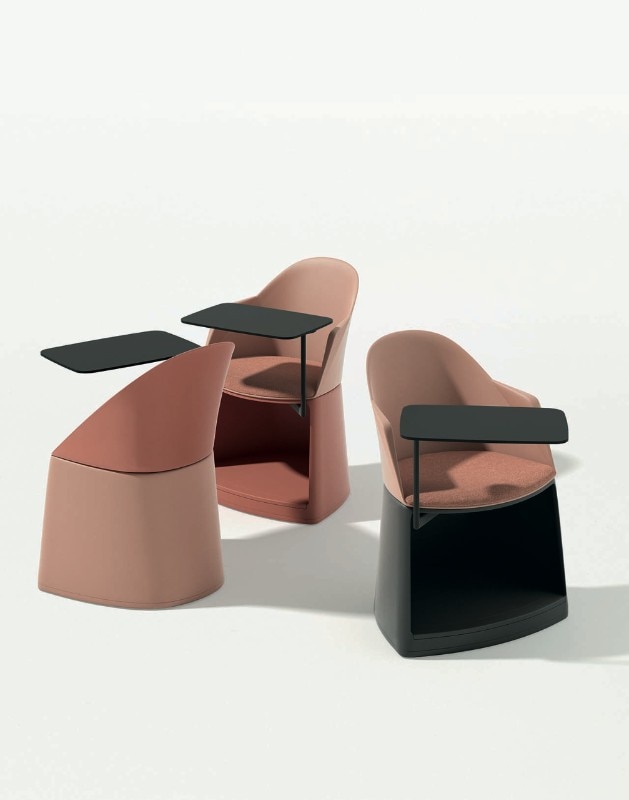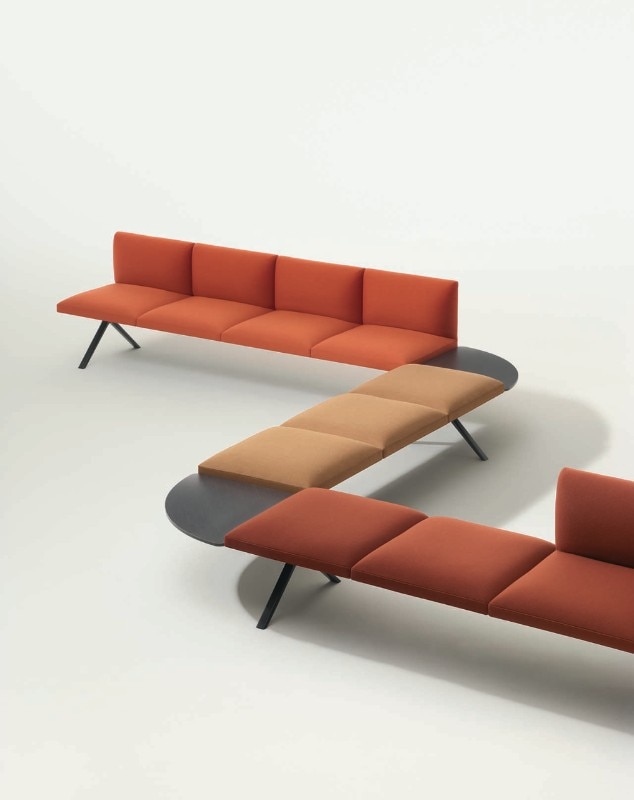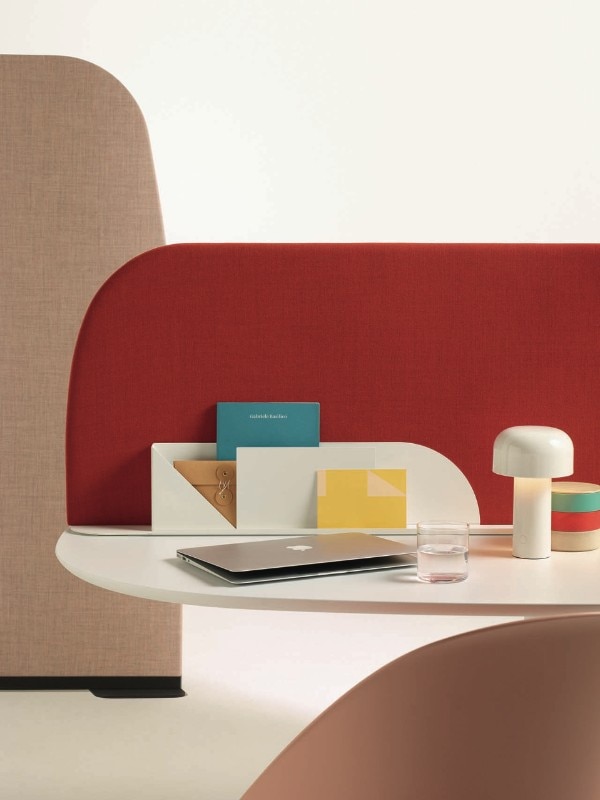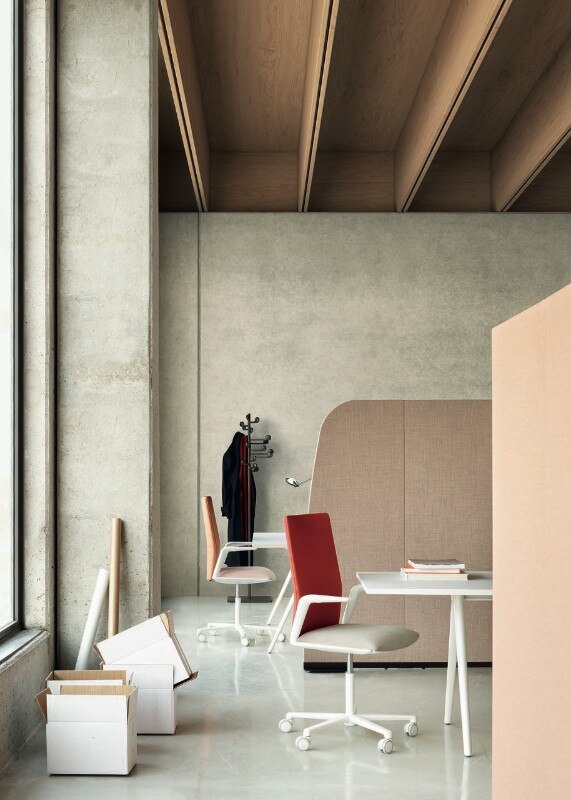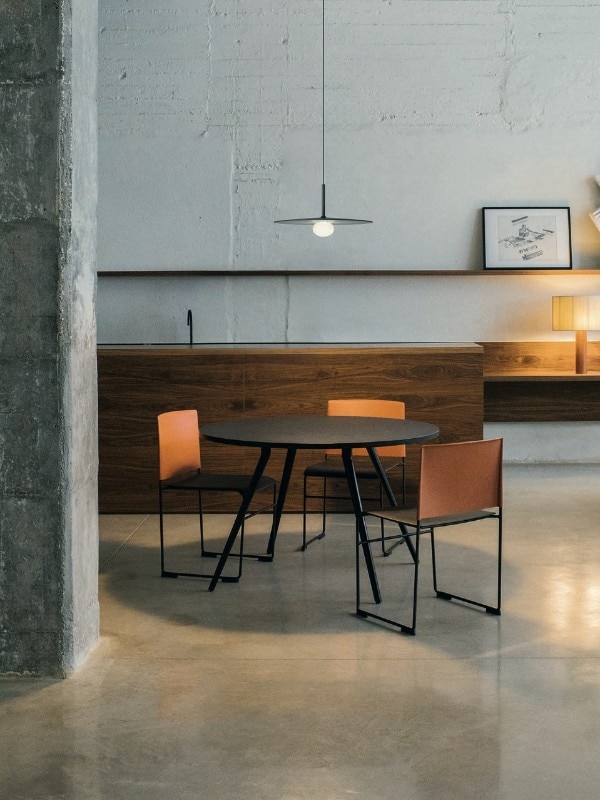How to redistribute furniture solutions when the proximity between people needs to be rethought? In order to cope with a changed picture of needs, the Veneto-based company operating in the contract, office and home furnishing sectors plays on the modular potentials that have always characterised its catalogue, to identify new layouts capable of safeguarding the new safety distances between people. We discuss it with Armin Broger, Arper's managing director.
Back to Our Spaces marks Arper's return after months of confinement. How did you think about this initiative?
Back to Our Spaces is a service aimed at architects, specifiers, our dealers and agents, which allows you to tap into our product range and reconfigure it to create spaces guaranteeing a wider distance between them. Through the solutions identified, we highlight the adaptability and modularity of our catalogue: a remarkable example is the airport solution, which allow us to manage the density according to the health and regulatory situation of the moment, but it can also apply to offices, universities, schools, or in the hospitality service, saving time for those who specify us.
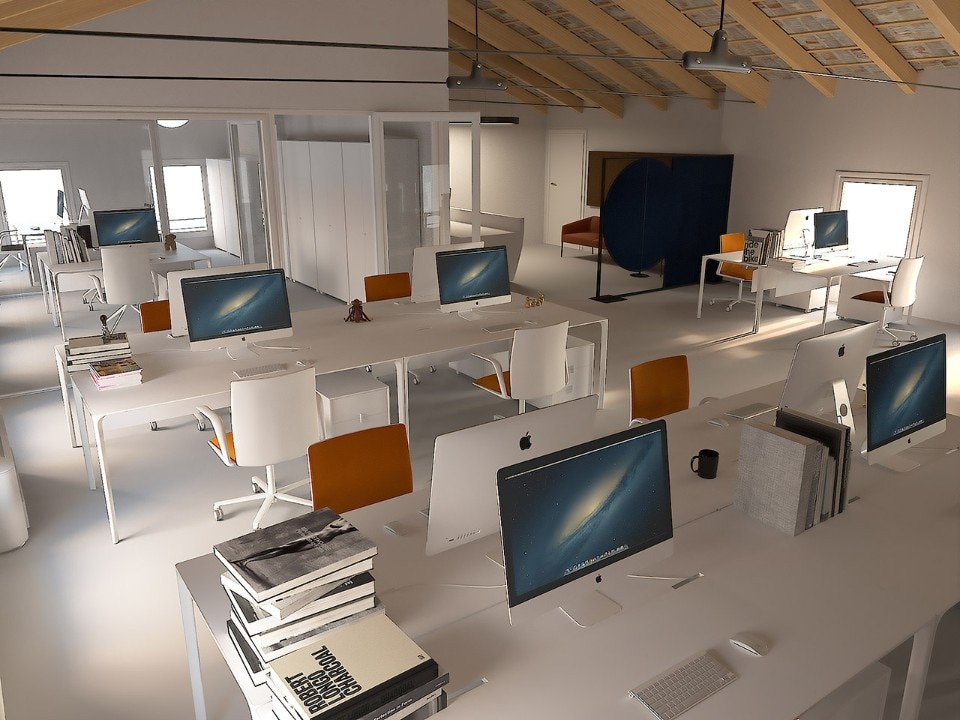
 View gallery
View gallery

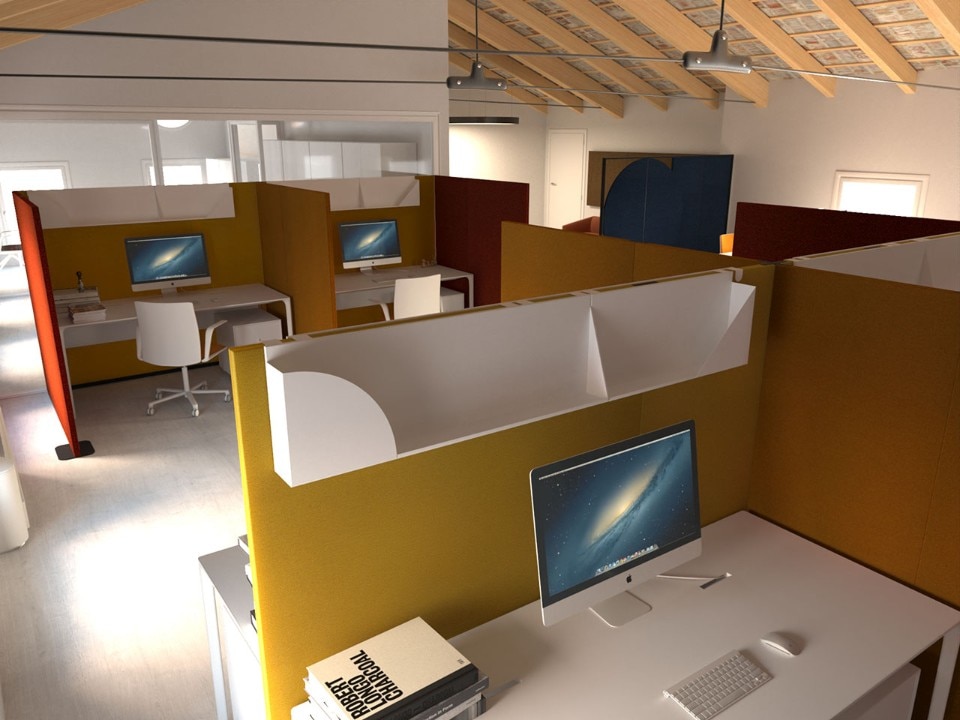
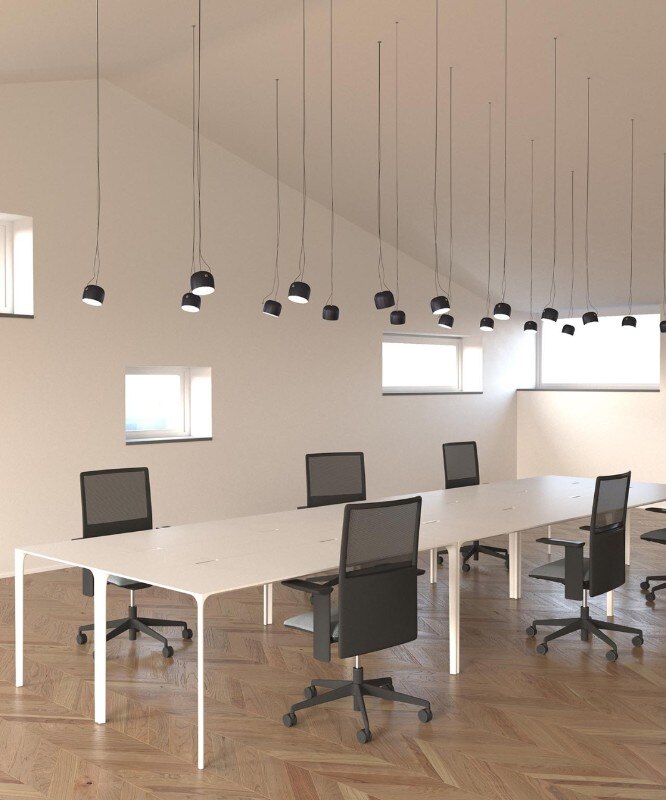
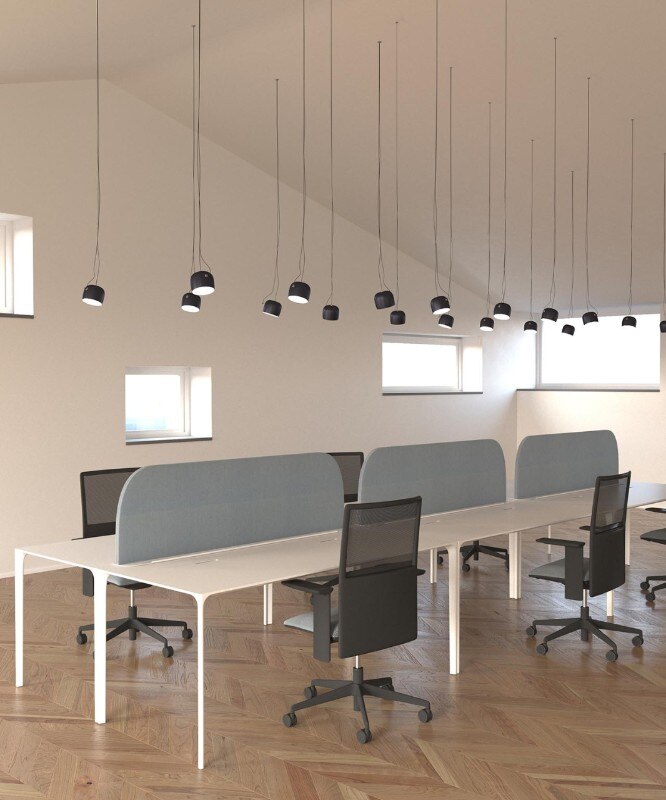
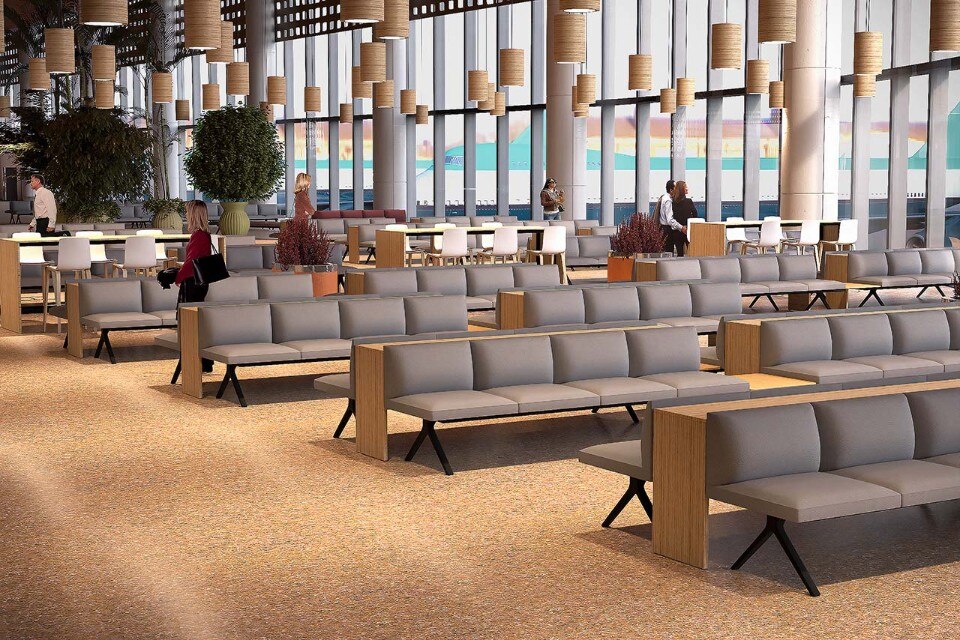
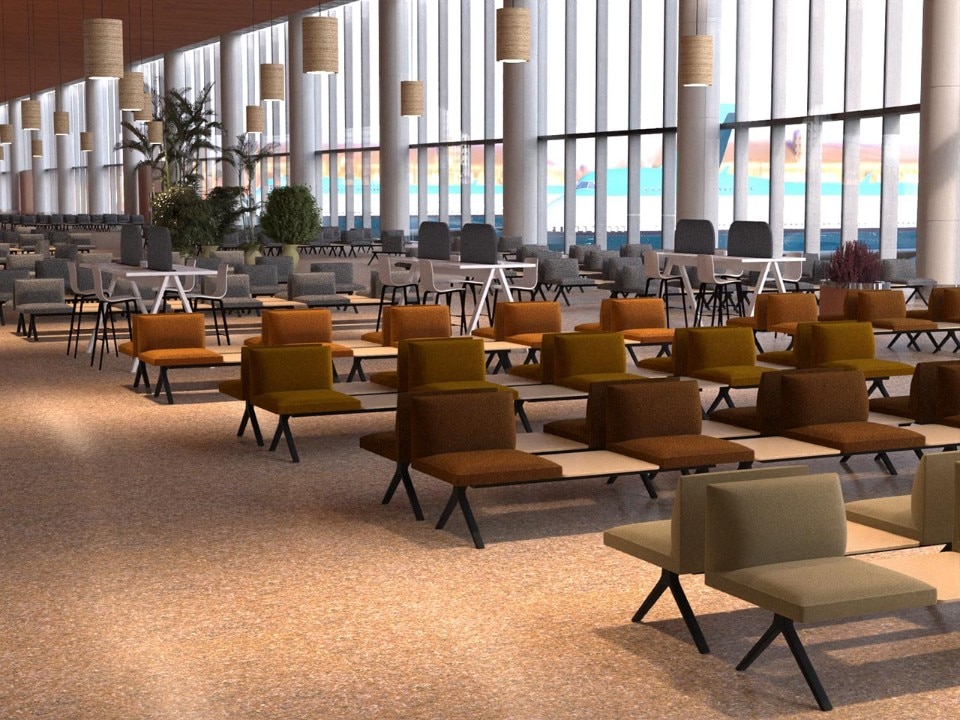
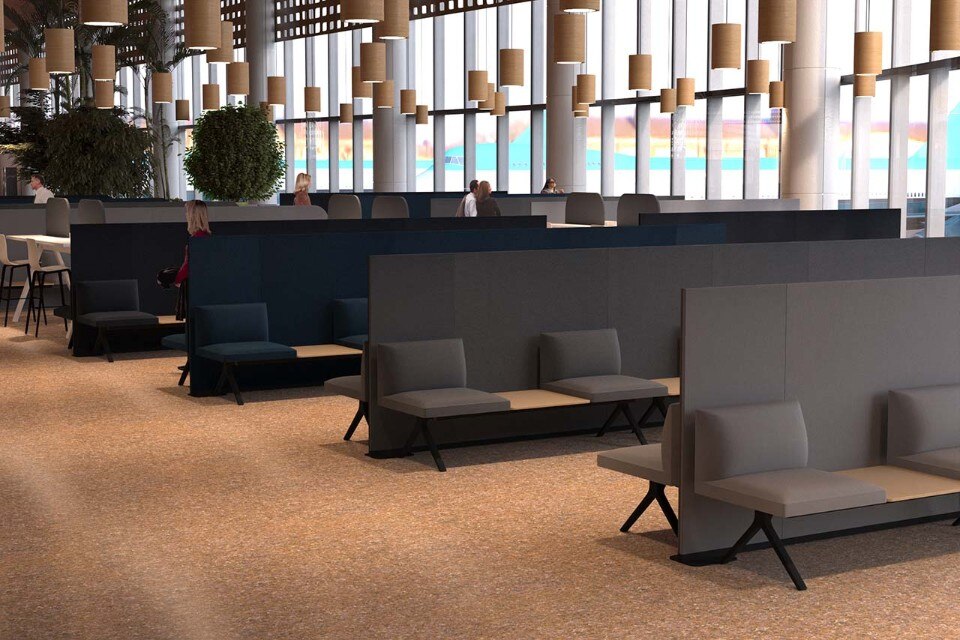
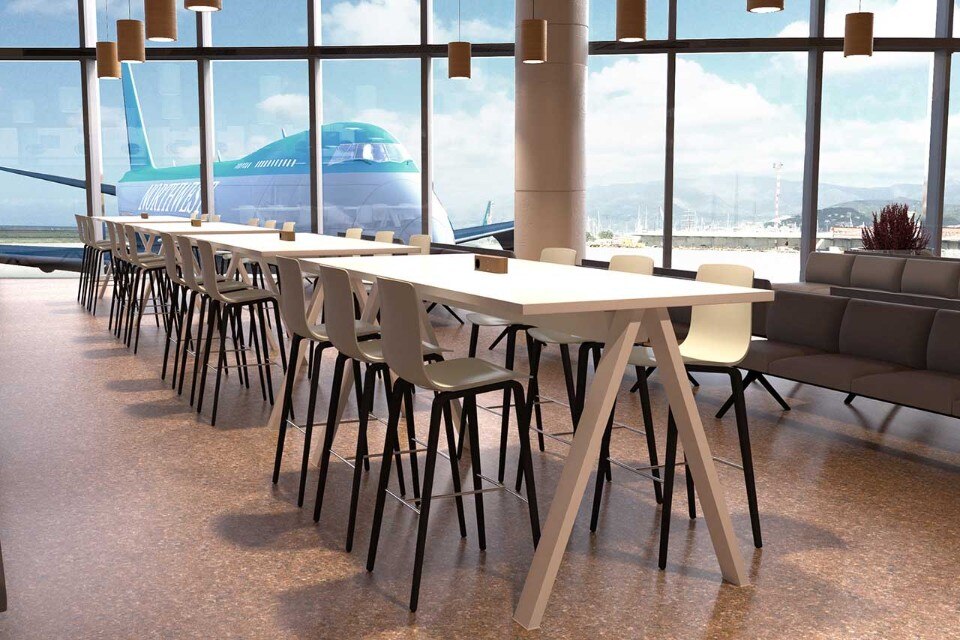
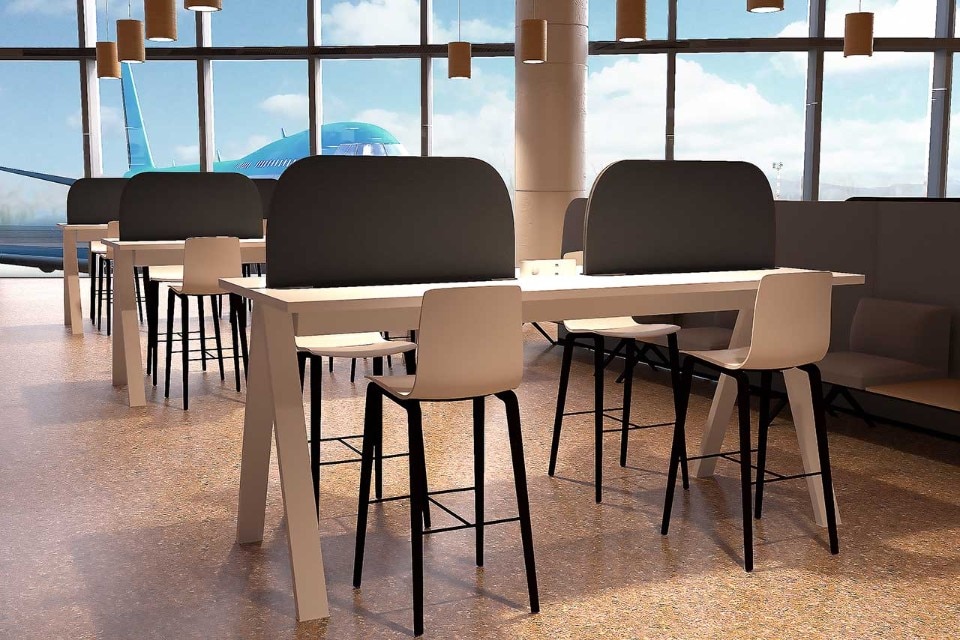
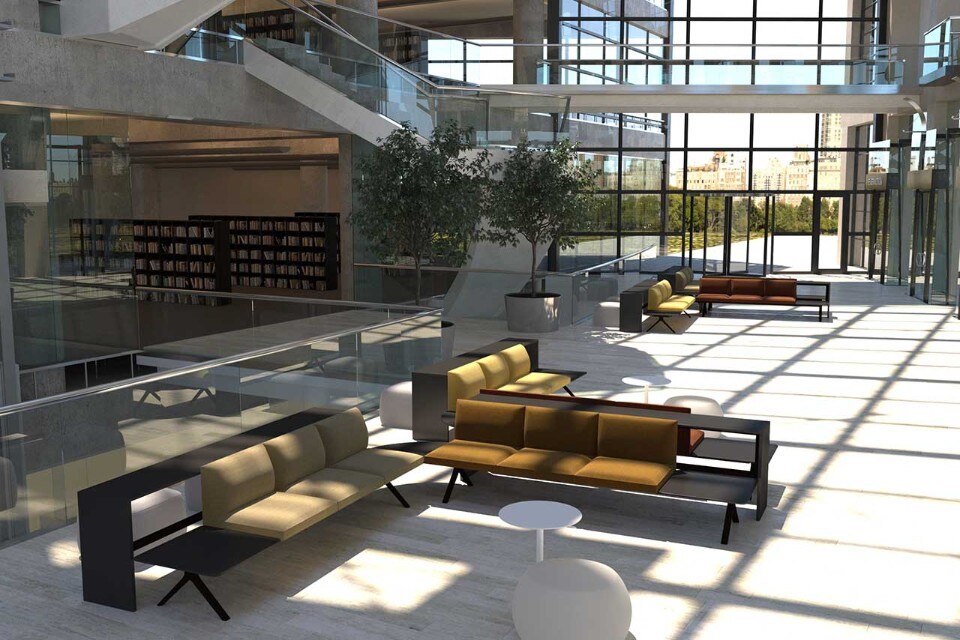
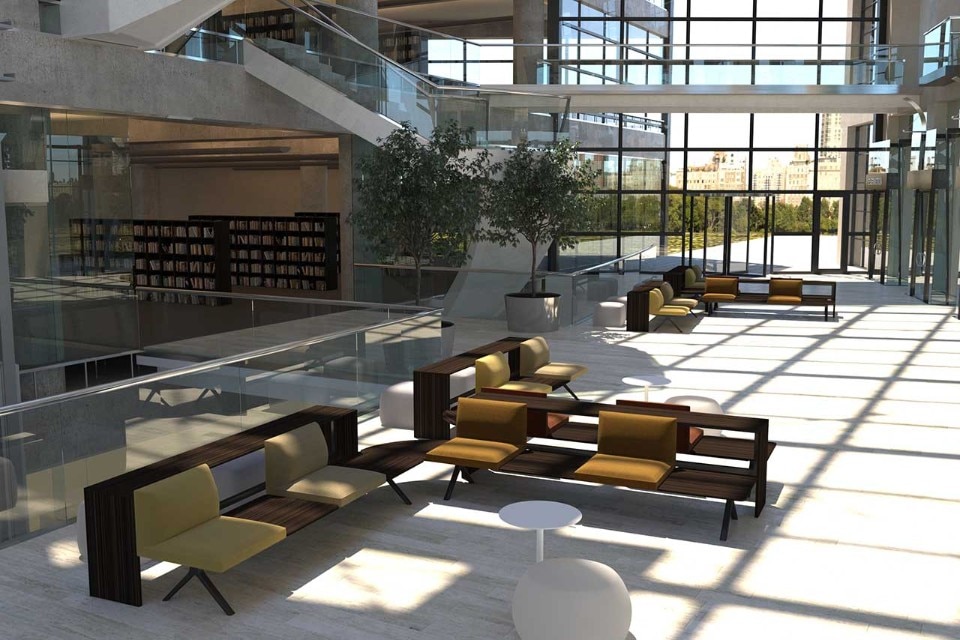
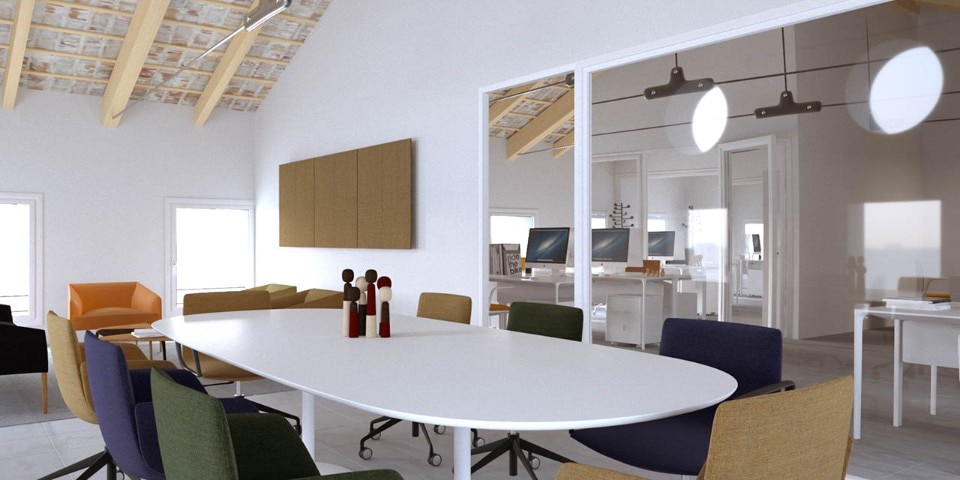
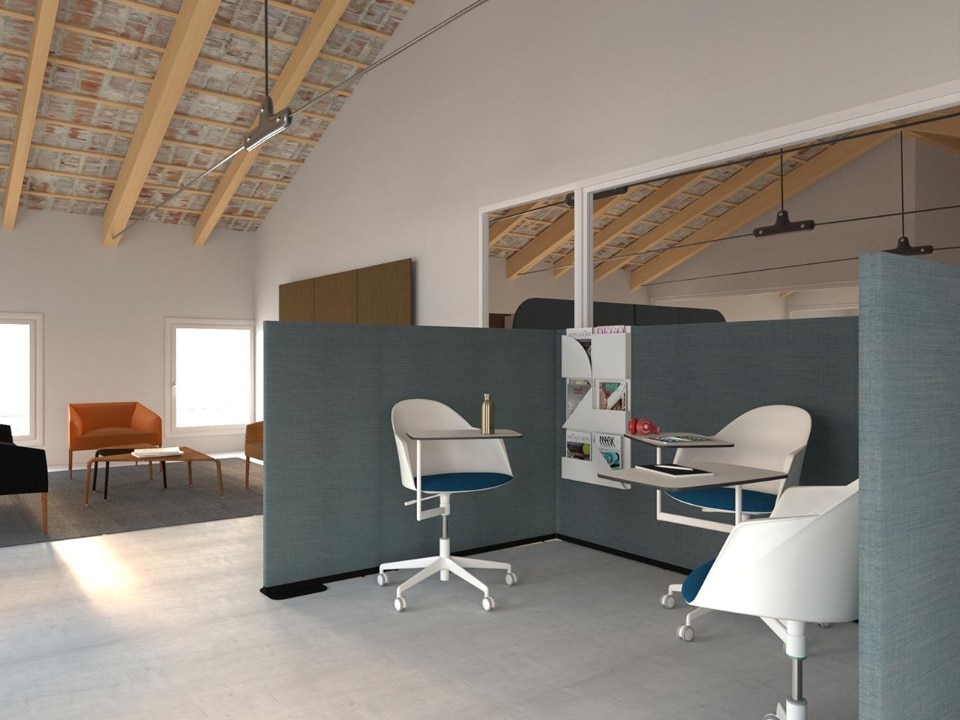
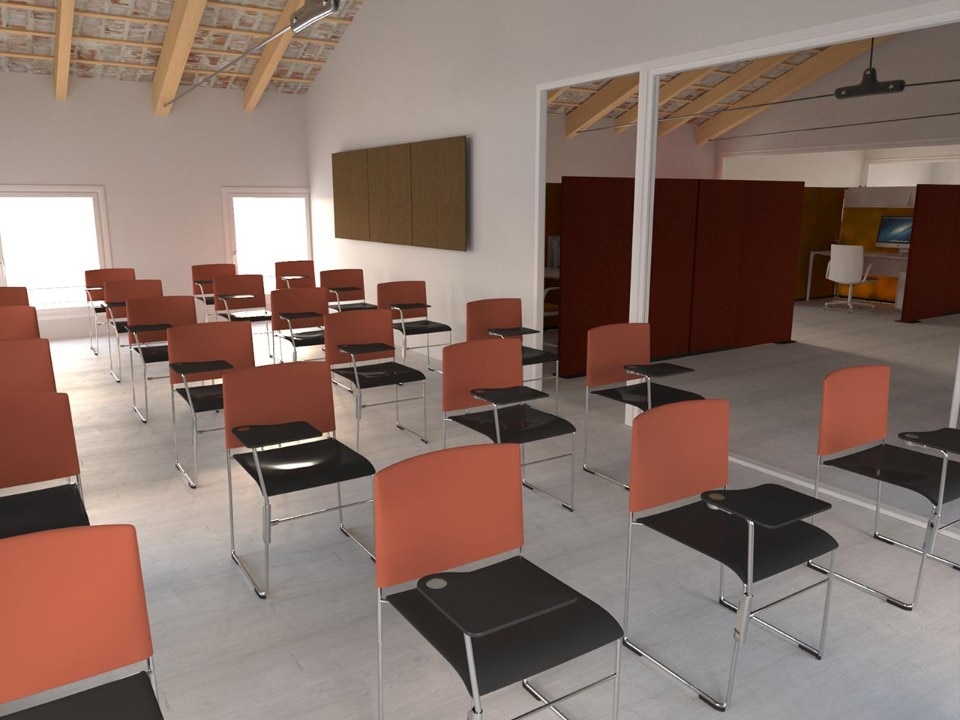
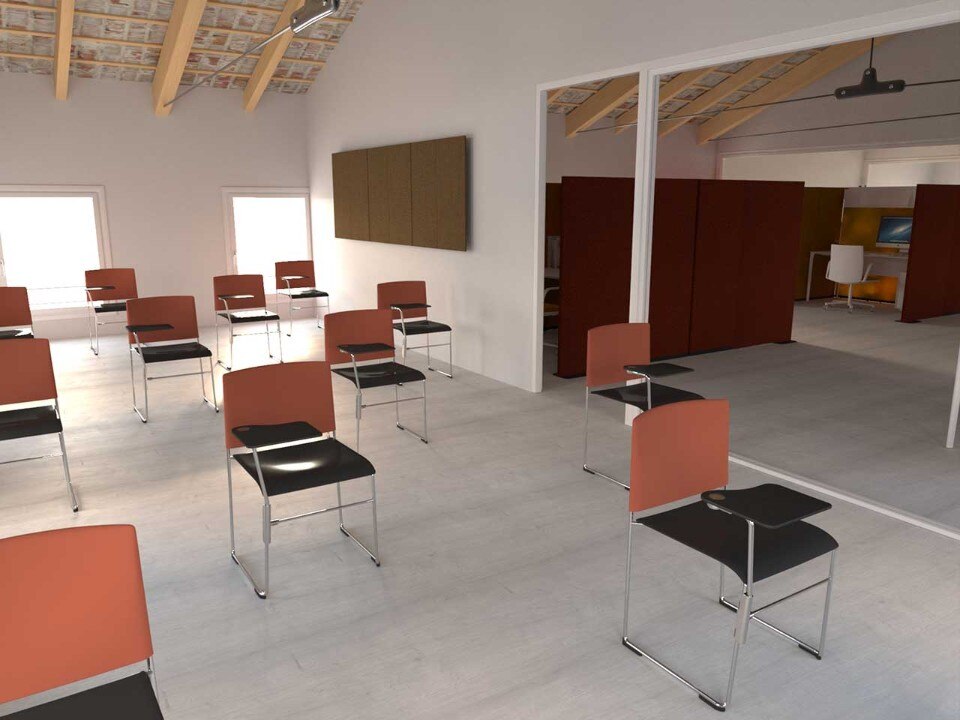
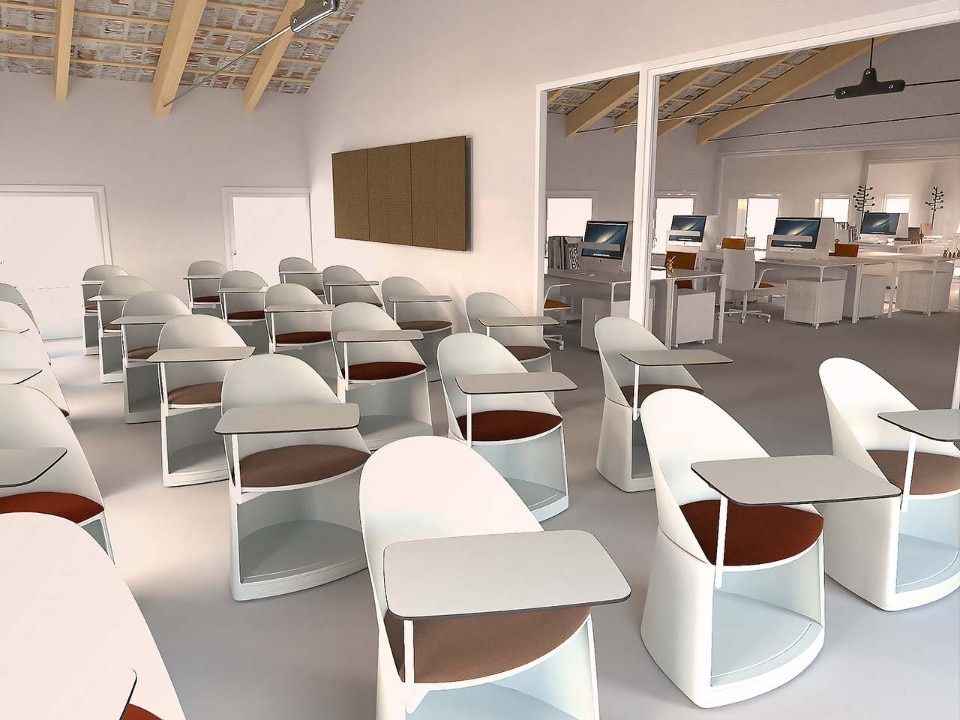
Can you give us an example of a product in your catalogue that can be recontextualized in the post Covid19 era?
Let's take a typical long and narrow meeting table: if in a pre-Covid period 20 people could sit at it, during the health emergency its reception capacity turns out to be problematic, because on the one hand it doesn't allow to maintain the distances specified by the regulations, and on the other it faces the same resistance shown by people, who don't want to sit one next to another. For this reason, we have thought of new solutions for participation, creating meeting spaces that allow for mobile chairs, a much smaller central table, for example with the Cila Go chairs, or with our Paravan, a configurable acoustic panel. Another example could be our Kiik sofa, which we are now proposing in a seat-table-seat configuration, which can become seat-seat when social distancing is no longer mandatory.
The global confinement we have experienced is an epoch-making novelty, but we do not know if the changes introduced in the domestic and office life are going to last. Will the tendency to hybridise these two environments be confirmed?
I think it is necessary to distinguish between professions of a predominantly intellectual nature, for which the presence in the office was mostly dictated by a custom than an actual necessity, compared to others where the presence in the company - think of the factories - is still indispensable. Having made this consideration, I believe that if it is true that our homes will increasingly have an office space devoted to the work or to the management of personal things, more and more offices will take on the appearance of a comfortable environment, similar to that of a home. The rigid structure of the office with the meeting table and chairs is evolving towards a much more informal way of being: just as it was for clothing, it will also be for furniture. So, there will certainly be a convergence, but we have to see who will be involved.
Your collections have always stood out for a search around the "gentle form". What is the value of this sinuosity and how do you think it will evolve in the future, also with respect to specific design qualities?
At Arper we believe that the office area will evolve above all in terms of colour configuration, with a tendency to go towards "calmer", lighter colours. In our 2020 catalogue we have carried out a redefinition of the colour ranges to better adapt to this hybrid home-office situation so that all the rigidity that has always characterised office furniture could slowly disappear. The "gentle form", cosy, is not only a prerogative of the offices, in fact, it is also becoming popular in universities, where we are successfully carrying out numerous projects, due to the fact that here too the environments are becoming softer: the idea of the university seen as a place where students enter in batteries will be soon outdated.
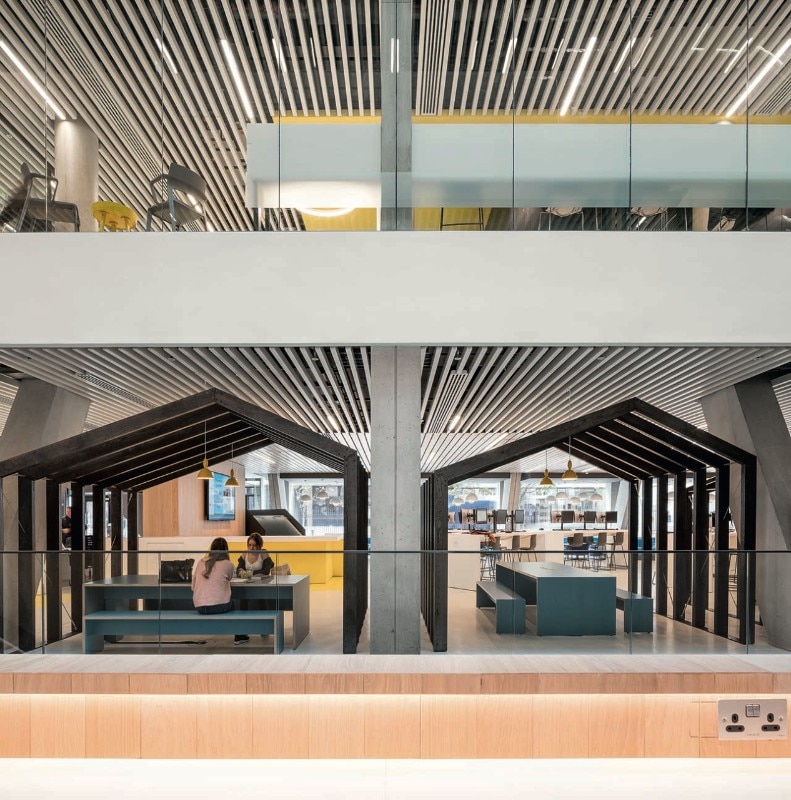
Arper has always invested in its internationalization process: what are the most interesting signals coming from abroad? Which ones about the hoped-for recovery after Covid-19?
It seems interesting to me to observe that the prediction that Italy, having been touched first by Covid-19, would also come out of it sooner, is not far from reality. Now the time has come to roll up our sleeves and exploit what this time advantage can give us. What we have learned is that we cannot keep our guard up, although at the same time we shouldn't let the situation affect us too much. And this applies at all levels: knowing how to get out of an unexpected situation is not only part of the character of a country, but also of a company.


